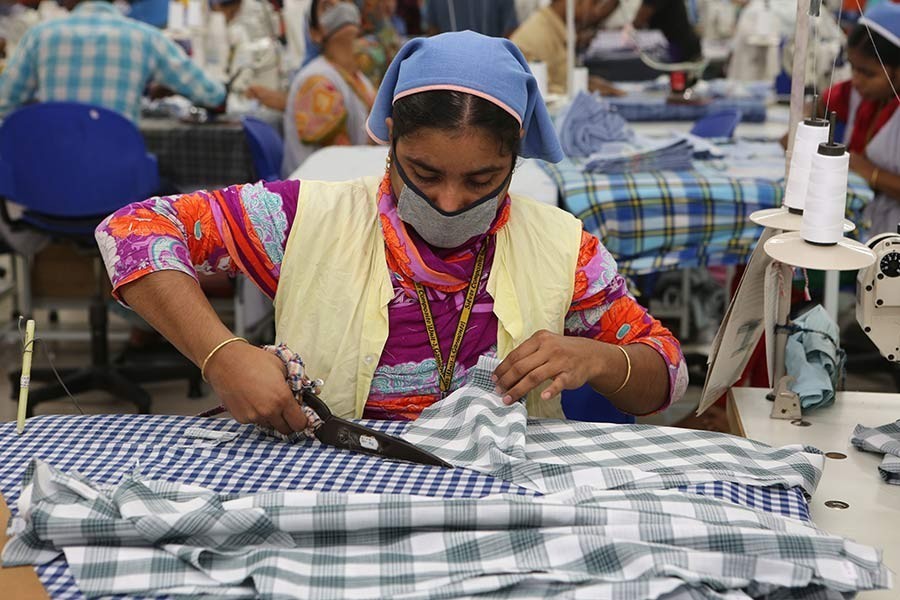People who have become poor in the past one year or so can't blame anyone for their plight, let alone change the situation. So far, there is only one person on earth who has unreservedly and undiplomatically named a nation for spreading the coronavirus. But nobody including himself trusts his words replete with proven lies and dismissive attitude.
However, facing the pandemic has been a far more urgent task than searching for a culprit, if any, at the height of the crisis. Millions not excluding the ones in Bangladesh have mostly been recipients of lip service rather than material helps to secure their lives and livelihoods.
After any disaster, volunteers especially from unaffected areas join relief operations. But it's been difficult to find many altruistic groups for helping others when everyone is facing a potential threat to life this time around. The pandemic has thus compelled everyone to be selfish, at least in terms of maintaining 'safe distance' which leaves the vulnerable in a more helpless situation.
However, volunteers are volunteers; they are not bound to undertake risky ventures for supporting 'others' and that too at a time when they themselves have resource constraints. For the once-in-a-century pandemic crisis, there is no insurance scheme either, which can support losers to get back money, business, or jobs in one way or the other!
The one that can help people make up for the collective losses is society which is again an unorganised and often vague entity, unless its members act. The pandemic is seriously exhausting the Bangladeshi resilience as well. Only the governments have officially taken the responsibility to provide relief to the distressed humanity. Even in countries with ferocious capitalism, governments are distributing cash to those who have lost their earning sources.
Whatever is the mode of governance, the government is supposed to be the guardian of, say, the new army of the poor that has emerged in Bangladesh after March 2020. It's surprising how, in a democracy, these people could be excluded from the budgetary supports. Maybe, as one economist coined it, the finance minister might have forgotten to invite the 'poor' passengers to the bus on the highway of development.
In that case, one would wonder how far the philosophy of the budget making - to redistribute resources for narrowing down the widening gap between the rich and the poor - has been followed, not to mention equality of all citizens as spelt out in the constitution. If you want to forget idealist argument for redistribution of public resources, it still has relevance to your favourite 'market'. Unless these people are helped to improve their economic status, now downgraded by the Covid-19 fallout, you can't expect they will be able to buy goods and services available in the market in the coming days. Their consumption can turn the economy vibrant to be reflected in growth statistics.
Without their elevation, it's hard to understand how a national graduation to the status of a developed country within the next two decades would be possible.
Direct and indirect tax cannot be charged on them when they would be struggling for subsistence. Instead, bearing the losses incurred by the vulnerable people including the poor and the middle class, the state could have invested in a project aimed at creating a pool of future taxpayers.
In crisis, people use surplus money or assets to overcome the challenges at hand. By default, too, they try to survive, banking on the collective strength of volunteerism. It then comes to the 'vague' entity of society which can rescue its members. For that to happen, social beings need to believe in inter-dependence in any situation.
Now, only a few businesses and powerful groups have managed to make more money during the current crisis. All from the fortunate ones may not be willing to share their gains with others, especially when they have found a historic opportunity to keep them beyond others' reach.
One question still remains: What's the value of financial resources unless they are utilised in the moments of utmost necessities? The Covid-19 pandemic, which is yet to relent, may offer us new lessons about compensation for collective losses.


